Holden has announced its biggest ever financial loss — $553.8 million after tax for the calendar year 2013 — after posting its lowest sales in 20 years, while Ford is $267 million in the red, its second-worst result on record, as its sales hit a 22-year low.
The latest figures bring Holden's total losses to a staggering $1.28 billion over the past eight years; Ford has lost $1.1 billion over the same period.
The losses come despite both car makers receiving generous taxpayer support, with Holden receiving more than $1.8 billion over the past 12 years, including $86.2 million from the public purse in 2013. Meanwhile, Ford has received more than $1.1 billion in government funding over the same period, including $72 million in 2013.
Holden's previous record loss was $210 million in 2009 but its most embarrassing result was in 2011, when its profit of $89.7m was exactly the same as the government funds it had received that year. Ford Australia's worst result on record was a loss of $274 million in 2008.
The Australian Securities and Investments Commission published Holden's and Ford's 2013 financial results online today after they were lodged before the end of April. Toyota Australia's financial results aren't due to be made public until June because the car maker works to the Japanese financial year, which ends on March 31.
Holden says the record loss can be attributed to the devaluing of its assets by $500.4 million before tax — namely the Port Melbourne engine plant and Elizabeth car assembly line — and $122.3 million in redundancy payments to about 800 blue-collar workers, engineers and office staff associated with manufacturing.
Similarly, Ford said the complete write-down of its manufacturing assets represented all but $25 million of the $267 million loss.
A statement from Holden said: "As a direct result of the announcement that Holden would cease manufacturing in Australia by the end of 2017, the company recorded a $500.4 million (before tax) one-off impairment charge on property, plant and equipment. In addition, the company recorded a $122.3 million (before tax) charge for employee separation costs in 2013."
Holden company says it spent $145.2 million in 2013 on research and development and $190.9 million in taxes. Ford said it spent $340 million on local engineering work for overseas Ford vehicles in 2013; it expects to become Australia's largest automotive employer after 2017, with approximately 1100 designers and engineers working on foreign projects.
Holden's revenue "increased slightly" from $4.02 billion in 2012 to $4.05 billion in 2013, due to an increase in vehicle sales in the second half of 2013 following the launch of the first new Commodore in seven years.
Ford Australia's revenue was down from $3.1 billion in 2012 to $2.8 billion in 2013, as Ford's new-car sales hit a 22-year low.
Holden Chief Financial Officer, Jeff Rolfs, said closing the factories by 2017 was "the right decision" to return Holden to profitability. "Clearly there are significant costs associated with our decision to cease domestic manufacturing of vehicles in Australia by the end of 2017. These costs drove the financial loss for Holden in 2013," said Mr Rolfs.
"We are mindful of the impact on our employees and our financial results, but it was the right decision. Manufacturing vehicles in Australia is, unfortunately, unsustainable. "All three domestic (manufacturers) have now announced they will cease domestic vehicle manufacturing as auto manufacturing in Australia faces a perfect storm of negative influences: a persistently high Australian dollar; one of the most fragmented and competitive markets in the world; and higher costs compared to other manufacturing source countries."
Holden said it has already started to cut job numbers, losing about 800 workers across its business last year, leaving it with a total workforce of about 3400 today, including 1700 car assembly workers and 250 engine plants staff. "Last year, we recorded the initial allocations of our employee separation costs with further charges expected in this area," said Mr Rolfs.
"We are determined to work with all levels of government and the rest of the industry to deliver support, training and links to future opportunities for Holden employees impacted by our decision." Holden repeated its earlier claims that it only makes money on its imported cars, most of which come from South Korea and Thailand.
"We are profitable on our imported portfolio and Holden is focused on taking the right decisions to grow sales and revenue in the immediate term and manage our other costs very closely," said Mr Rolfs. "Holden is one of the strongest brands in Australia. We launched 10 new or significantly updated vehicles in 2013 and we have more products in more segments than ever before."
Holden's balance sheet, its turnover, and vehicles sales by year:
2005: - $144.6m $6.7bn 174,464
2006: - $146.6m $6.4bn 146,511
2007: - $6.1m $6.1bn 146,680
2008: - $70.2m $5.8bn 130,338
2009: - $210.6m $3.8bn 119,568
2010: + $112.4m $4.4bn 132,923
2011: + $89.7m $4.3bn 126,095 — $89.7m govt assistance, same as profit
2012: - $152.8m $4.02bn 114,665 — $73.5m govt assistance
2013: - $553.8 million, $4.05bn, 112,059 — $86.2m govt assistance, lowest sales in 20 years
Ford's balance sheet, its turnover, and vehicles sales by year:
2005: + $148.2m $3.9bn 129,140
2006: - $40.3m $3.3bn 114,965
2007: - $87.2m $3.3bn 108,071
2008: - $274m $3.29bn 104,715 — biggest loss on record
2009: + $13m $3.14bn 96,501
2010: + $24.9m $3.3bn 95,284 — $116m govt assistance
2011: - $290m $2.8bn 91,243 — $102m govt assistance
2012: - $141m $3.1bn 90,408 — $112m govt assistance
2013: - $267m $2.8bn 87,236 — $72m govt assistance, ninth year of sales decline, lowest sales in 22 years
This reporter is on Twitter: @JoshuaDowling








.jpg)

.jpg)
.jpg)

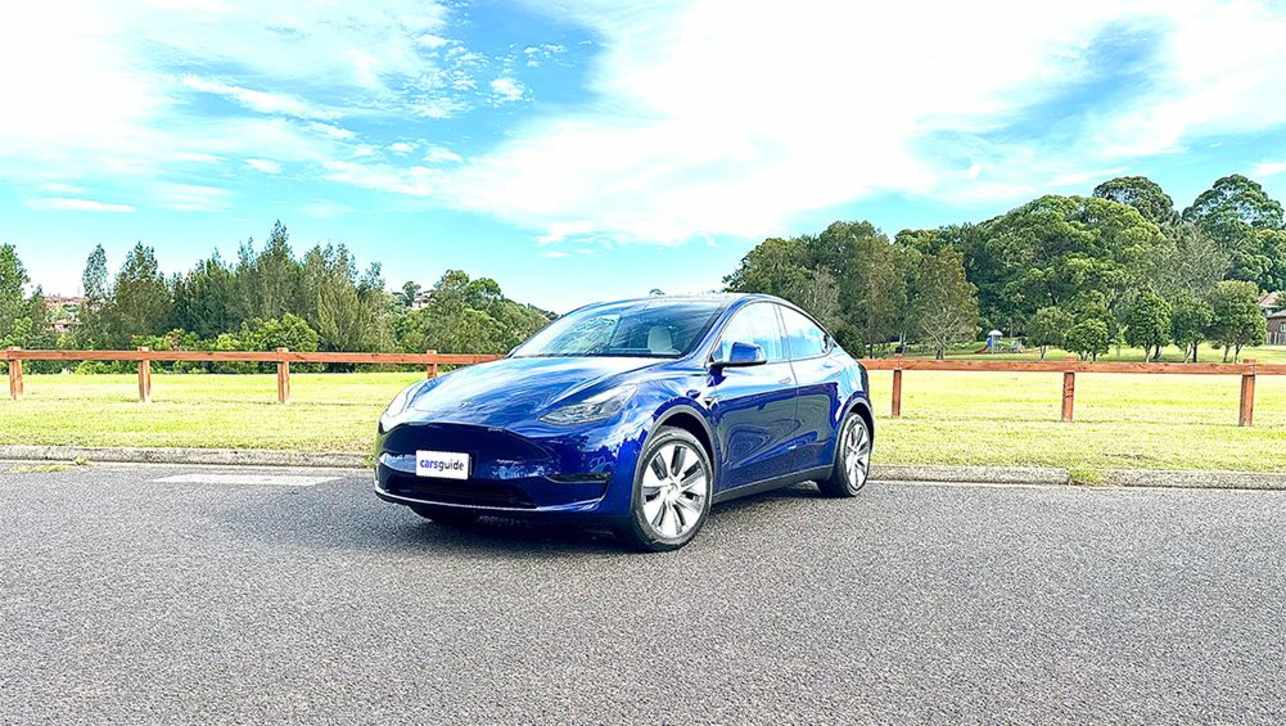
.jpg)

.jpg)
.jpg)

.jpg)

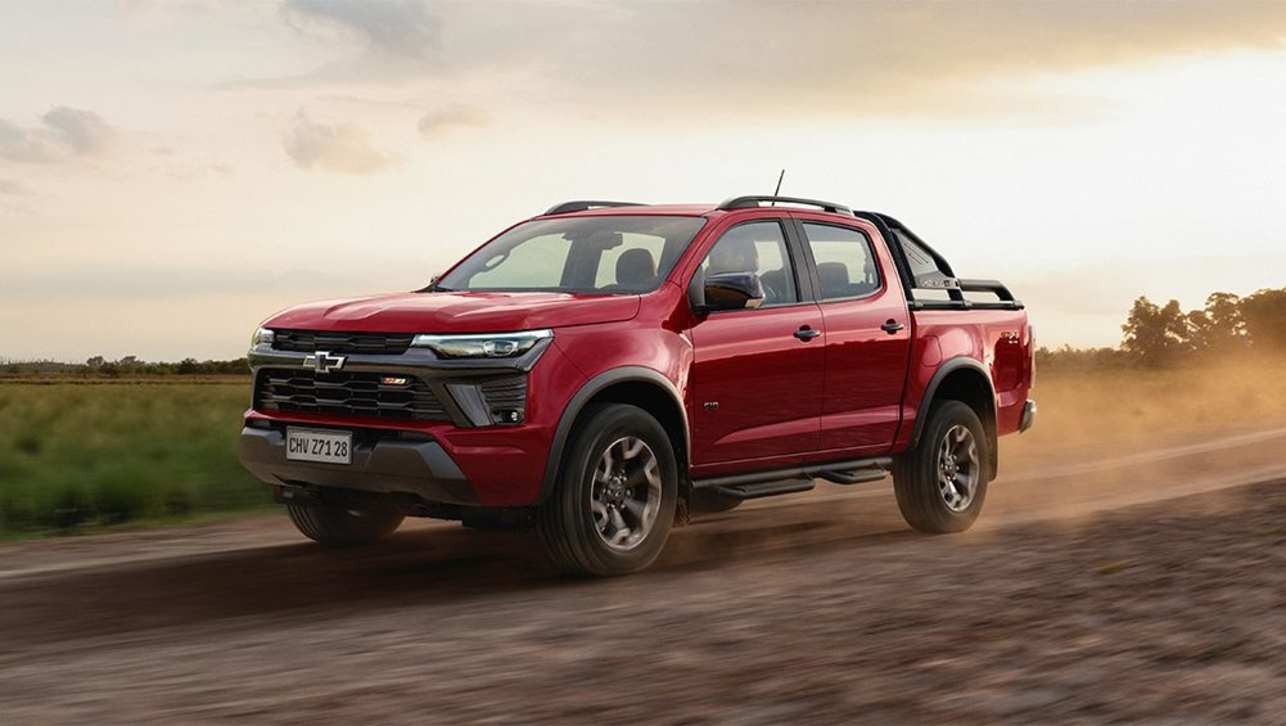
.jpg)
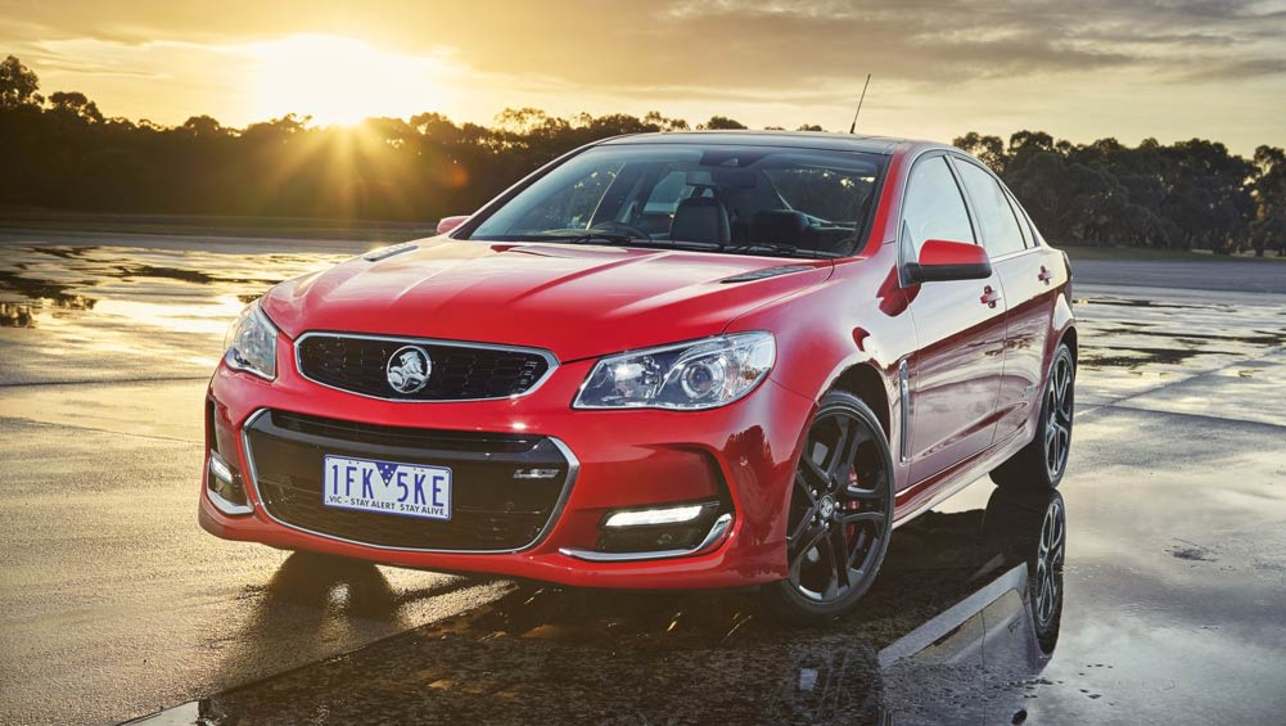
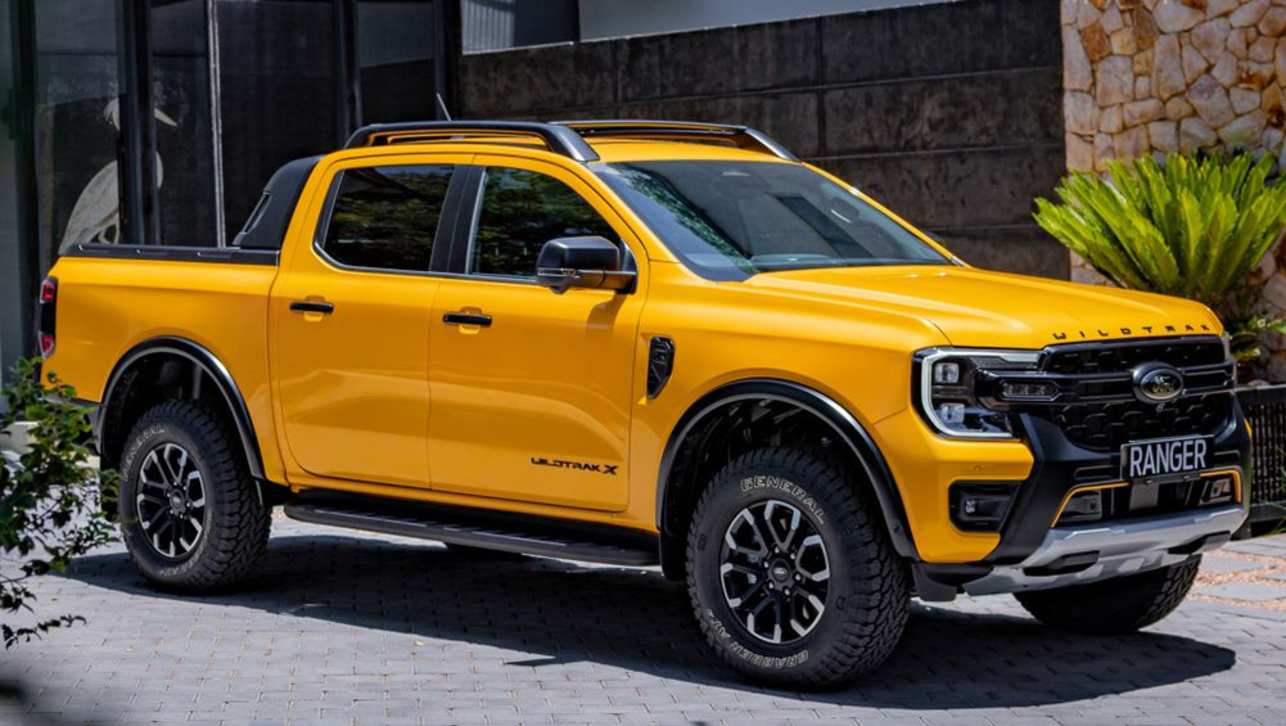
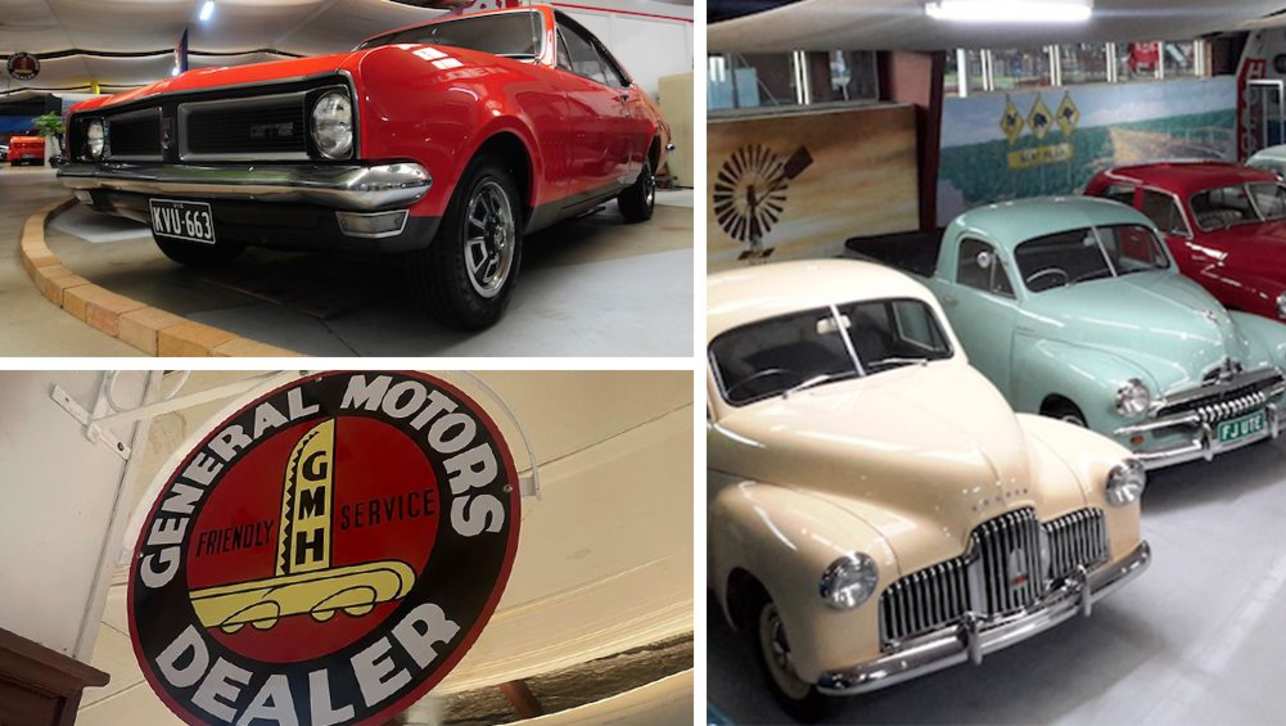


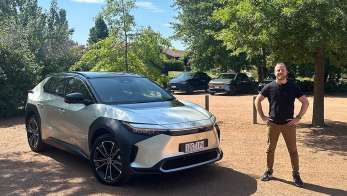

Comments